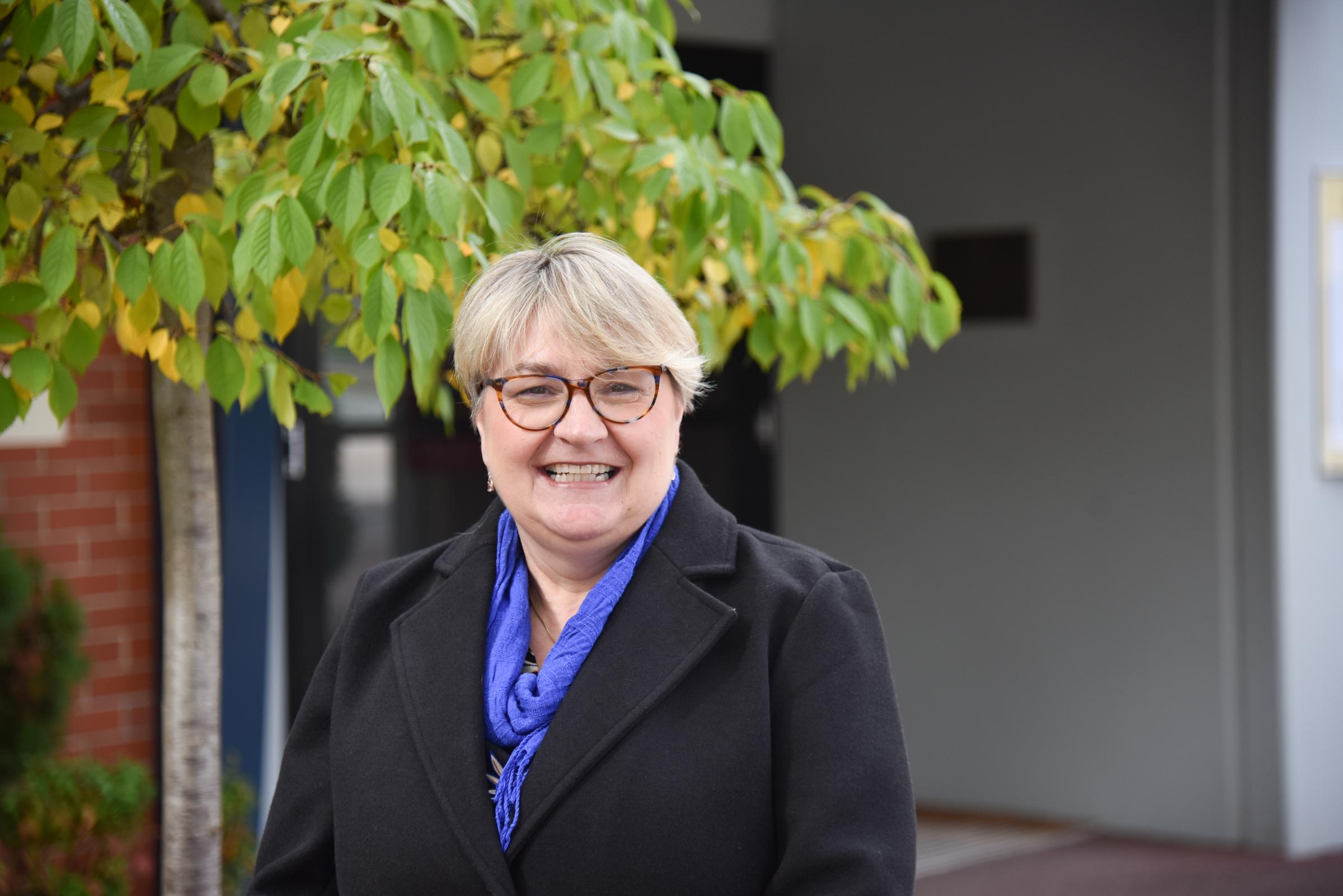From the Head of Senior School

During week 6, I was fortunate to attend a seminar for VCE coordinators at the Independent Schools of Victoria, ISV in Melbourne. The workshop aimed to enhance participants' knowledge and understanding of the Victorian Curriculum and Assessment Authority (VCAA) policies and processes and strengthen their confidence to successfully document and implement them appropriately in their school. Often these seminars provide opportunities to collaborate and network with other schools, and a key theme during the day was the well-being of our students post-pandemic. Recent research on student well-being discovered that:
- "Social isolation, disruption to education, and constant exposure to
news and social media about the pandemic have left many children
and young people feeling fearful and uncertain for their future."
A Longitudinal Study of Australian Children (LSAC) 2021:
- "Only 11 percent of children/adolescents reported experiencing no
problems or stresses during recurring lockdowns and disruptions
brought by the COVID-19 pandemic."
Sydney Morning Herald August 2021:
- "Calls to the [Kids] helpline rose 30 percent in Victoria in the first six months of 2021
compared with the first six months of 2020."
Australian National University 2021:
- "71% of adolescents aged 15 to 18 indicated a decline in mental health due to the COVID-
19 pandemic – a percentage that is significantly higher than any other age group in the
same study."
The data above is concerning; therefore, schools must do all they can to support all students to help them adjust back to full-time learning in the classroom environment, especially after two challenging years of interrupted learning. In the Senior School, we endeavour to provide support and strategies to all our students in situations that increase stress and anxiety through the pastoral care of House Tutors, Heads of House, and the services of 65 Wattle.
With this in mind, various seminars and activities were arranged for students in Years 7 to 9 to enhance their personal development at the conclusion of examination week. #NotEvenOnce is a specialist school program that provides information about drugs, vaping, and alcohol. In addition, students attended a seminar about respectful speech and behaviour when interacting with their peers online. Students also participated in various fun house-based well-being activities to develop their team-building skills. Further well-being activities are planned for later in the year for students in Years 10 to 12.
As we begin week 8 and the start of the new school semester, the busyness and buzz of the Senior School examination week has now come to an end. Congratulations to all Year 7 to 11 students who have participated and worked hard in their studies to participate in the formal assessment process. The final two weeks will allow students to reflect on their examination results with their teachers as they become available. Critically reviewing an exam can yield helpful information to help your child grow and develop as an independent learner. Reflecting on a past exam allows you to note your weakest topics and identify which types of questions you missed (factual or critical thinking). Therefore, I have created a survey for all students to complete before the end of term, which will assist students in reflecting on their study techniques. This data will be used to help improve the study processes in the lead-up to the Semester 2 examinations.
In next week's final assembly, I will speak about how often we judge people on our first impressions and how this can lead to prejudice. When you first meet someone, your brain tends to zero in on a few specific traits, like their clothing and overall appearance, and you quickly patch together a general idea of who they are. The "halo" of this first impression can linger for a month, if not longer, and it can absolutely affect your interactions with the other person in the meantime. I then spoke about my experiences of first impressions and perceived prejudice during my early career.
Prejudice is an assumption or an opinion about someone based on that person's membership in a particular group. For example, people can be prejudiced against someone of different ethnicity, gender, or religion. If someone is acting on their prejudices, they are pre-judging (hence the term 'prejudice') someone before they even get a chance to know them on a deeper level. For example, a person might have a lot of preconceived ideas about someone who is Christian, Muslim, or Jewish and will allow those judgements to affect how they view and treat those people. The same can be true for Black, White, or Asian people. In society, we often see prejudices toward a group based on race, sex, religion, culture, and more. While specific definitions of prejudice given by social scientists often differ, most agree that it involves prejudgments that are usually negative about group members.
While, in some cases, prejudice is blatant, evolving into outright “-isms”, it can often occur without us even realising it. Whether deeply ingrained, taught, or an implicit bias, it is important to fight own prejudices we have against others. As we move closer to the end of term, it is a timely reminder to remain kind, considerate, and non-judgemental to our peers and friends.
Finally, I would like to take this opportunity to extend my gratitude to the Girton Grammar community for your many warm welcomes during my inaugural first term. I wish everyone a safe and restful break, and I look forward to returning to an exciting new term 3.
Ms Dawn Davis
Head of Senior School

